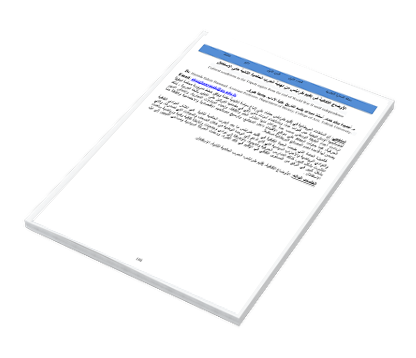Cultural conditions in the Tripoli region from the end of World War II until independence
DOI:
https://doi.org/10.37376/asj.vi1.1827Keywords:
cultural conditions, Tripolitania, World War II, independenceAbstract
The British authorities in the Tripoli region worked to follow an educational policy. According to well-thought-out plans to achieve their strategic interests, by using various tools, among which is the focus on education in the Arabic language. The numbers of the middle class increased because of several factors including the spread of knowledge and culture and trade. Moreover, the British tried to preserve the position of minorities within society and to merge their economic, social and cultural interests, which would guarantee them a base that would serve British interests. The above general feature that characterized cultural life in the Tripoli region after World War II. The cultural, sports clubs and political parties that called for national unity. They issued journals and spread widely. Besides the clubs, societies activities, which contributed to raising the cultural level in the region during that period. Hence supported the political movement and the efforts of the Libyans to achieve independence.
Downloads

Downloads
Published
How to Cite
Issue
Section
License
Copyright (c) 2022 Almanara Scientific Journal

This work is licensed under a Creative Commons Attribution-NonCommercial-NoDerivatives 4.0 International License.







